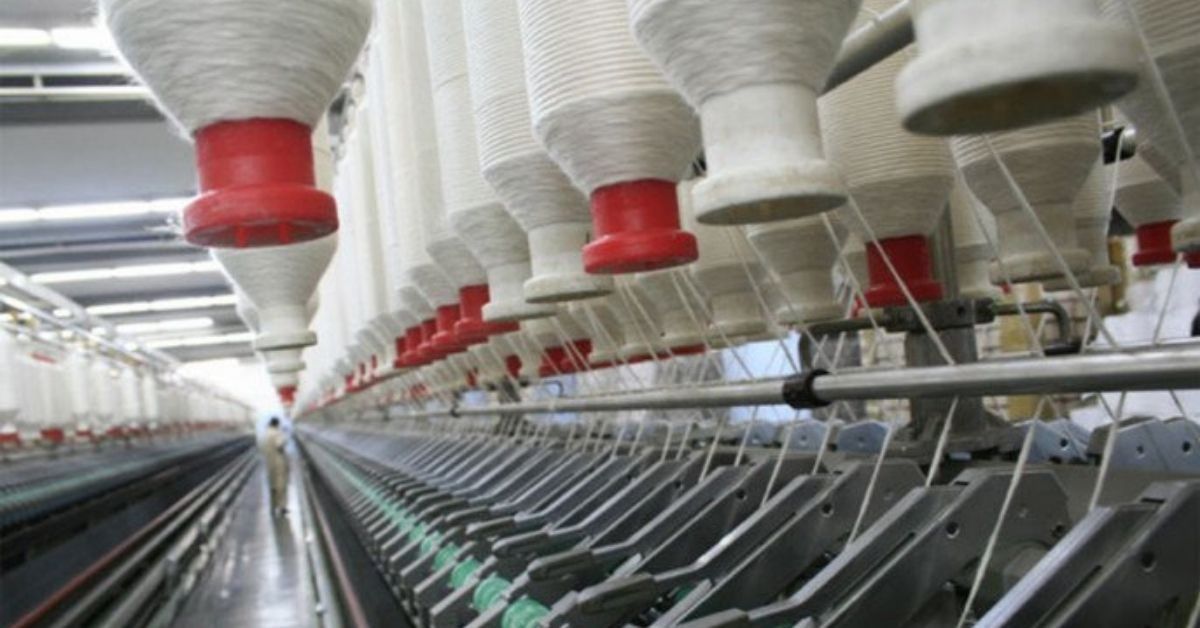Currently, the revenue board collects Tk3 in VAT on sales of 1kg cotton yarns and Tk6 for non-cotton yarns.
Entrepreneurs in the textile industry have long been demanding the uniform VAT rate for all kinds of yarn sales. Taking it into consideration, Bangladesh Trade and Tariff Commission recently sent a proposal to the commerce ministry.
To meet growing local demand for non-cotton yarns, the ministry has finally sent a recommendation to NBR Chairman Abu Hena Md Rahmatul Muneem for lowering VAT on non-cotton yarn sales to Tk3 per kg.
Local textile millers say an equal VAT rate on all types of yarns will reduce discrimination and encourage local millers to produce non-cotton yarns, which will give a boost to investment and employment.
Sources at the NBR said they will review the matter in the next budget.
The local apparel market is also quite large and stands at around $8 billion.
At present, all kinds of yarns, fabrics and other accessories imported for making export goods are duty free. But VAT is applicable on domestic sales of yarns produced by textiles mills.
Earlier, VAT on both cotton and manmade yarns was the same. In FY21, the rate on non-cotton ones increased to Tk6 per kg.
Md Khorshed Alam, chairman of Little Star Spinning Mills, a yarn manufacturer for the local market, told The Business Standard that the reduction in VAT on synthetic fibre-made yarns will help reduce prices of such fabrics in the local market.
According to Bangladesh Textile Mills Association (BTMA), synthetic yarn is commonly used in burqas, hijabs, salwars, some shirts and pants.
Monsoor Ahmed, chief executive officer at BTMA, told TBS that limited-income people are the main buyers of garments made using these yarns. The demand for such clothing is increasing day by day.
Local entrepreneurs will be encouraged to set up factories for manufacturing non-cotton apparel items, allowing the people to buy clothes at relatively low prices.
According to a report by the Bangladesh Trade and Tariff Commission, fabrics made from artificial fibre-made yarns are cheaper, more fashionable, more varied and more durable than fabrics produced from any other yarns.
Bangladesh is not a cotton producing country, so it should reduce dependence on cotton, the report said.
If the VAT on sales of yarns made from artificial and manmade fibres are lowered to Tk3 per kg, the use of such yarns will increase, reducing dependence on costly cotton yarns, the commission pointed out.
However, a senior official at the NBR’s VAT department told TBS on condition of anonymity that cotton-made garments are generally used by the poorer sections of the population, while artificial yarns are more expensive than cotton yarns in the market.
They would consider the commerce ministry’s recommendation in the upcoming budget, he said.
According to the BTMA, the demand for man-made yarns in the country’s market is increasing every year, which was around 5 lakh tonnes in 2020. Local production was one-third of it that year. Almost all yarns produced cater for the local market.
Source : TBS News






